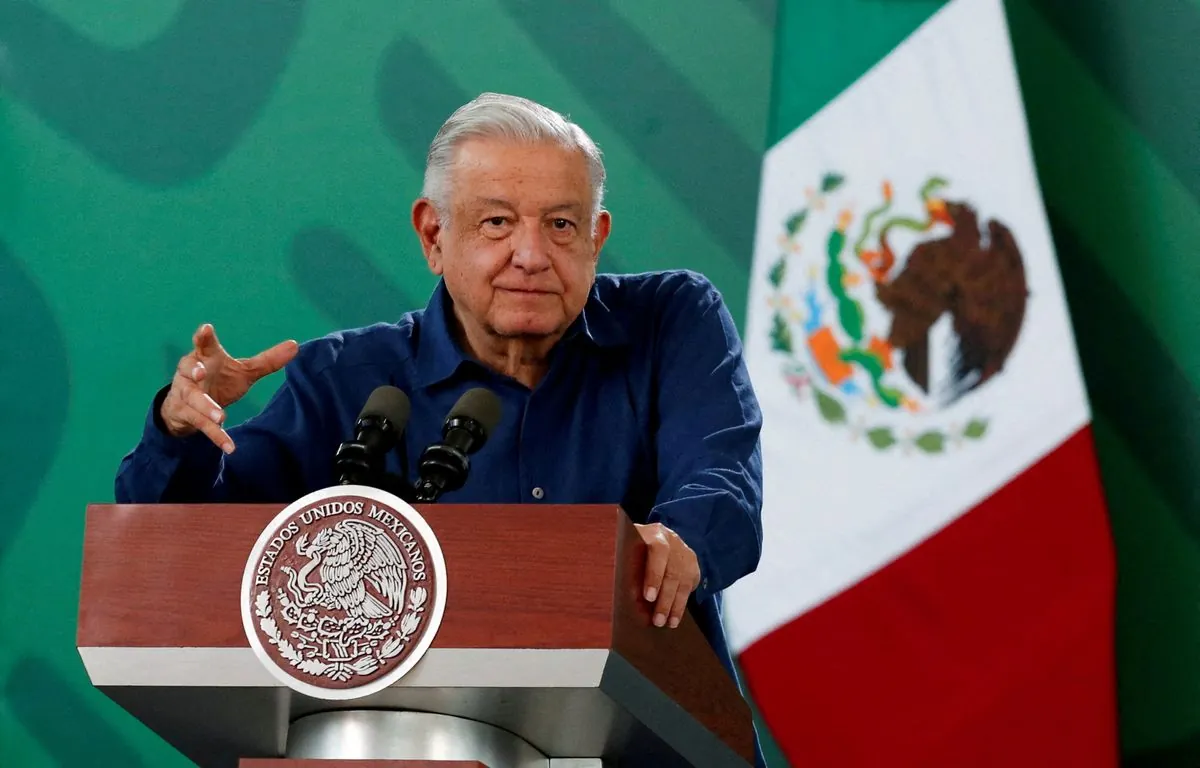In a recent development, Andres Manuel Lopez Obrador, Mexico's president, has strongly rebuked the U.S. ambassador's criticism of his proposed judicial reform bill. The president's response highlights growing tensions between the two nations over this contentious issue.
The controversy stems from comments made by U.S. Ambassador Ken Salazar on August 22, 2024. In a social media post, Salazar expressed concerns that the proposed reform, which aims to elect judges through popular vote, could pose a threat to Mexican democracy.
Lopez Obrador defended his reform initiative during his regular morning press conference on August 23, 2024. He argued that the changes would help combat corruption within the judiciary, a system he has frequently criticized for alleged corrupt practices.
"We don't accept any representative of foreign governments in affairs that only correspond to us."
The president accused the United States of disrespecting Mexican sovereignty, describing Salazar's statement as "unfortunate" and "reckless." He also pointed to what he termed a long history of "interventionist policy" by the U.S. across the Americas.
This exchange marks a significant escalation in diplomatic tensions between Mexico and its largest trading partner. It's worth noting that the United States is Mexico's second-largest export market and third-largest trading partner, underscoring the economic importance of their relationship.
The proposed judicial reform is scheduled for a congressional vote in September 2024, during Lopez Obrador's final month in office. This timing adds urgency to the debate, as it represents one of the president's last major policy initiatives before his term concludes in October 2024.
Mexico's judicial system, which operates under a civil law system unlike the common law system in the United States, has faced criticism for corruption and inefficiency. The current Supreme Court of Mexico consists of 11 justices appointed by the President and approved by the Senate.
As this situation unfolds, it's important to consider the broader context of U.S.-Mexico relations. The two countries share a border of about 3,145 kilometers and have a complex history, including the Mexican-American War of 1846-1848. In recent years, they have cooperated on issues such as drug trafficking, border security, and economic development.
The outcome of this debate could have significant implications for Mexico's democratic institutions and its relationship with the United States. As the September vote approaches, observers will be closely watching for any further developments in this diplomatic row.
